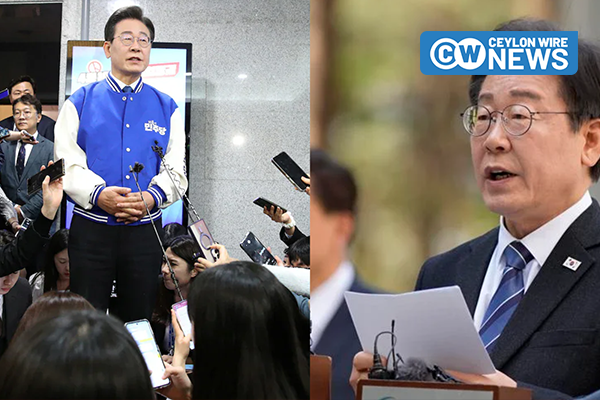In a parliamentary election held on Wednesday, South Korea’s liberal opposition parties secured a landslide victory, dealing a significant blow to President Yoon Suk Yeol and his conservative party, although falling just short of a supermajority.
According to data from the National Election Commission and network broadcasters, the Democratic Party (DP) was projected to secure 175 of the 300 seats in the new assembly, with all votes counted as of 10:32 a.m. (0132 GMT). Additionally, a splinter liberal party, considered allied with the DP, was expected to claim 12 seats, leaving the bloc short of the 200 seats needed for a supermajority. Yoon’s People Power Party (PPP) was set to win 108 seats. Official announcement of the results is expected later on Thursday.
DP leader Lee Jae-myung, who led a combative campaign against Yoon, emphasized the priority of working towards an economic recovery that is tangible for the average consumer. He stressed the necessity for ruling and opposition parties to collaborate in overcoming the crisis in consumers’ economic livelihood.
The fiercely contested race was viewed by analysts as a referendum on Yoon, whose popularity has waned amid a cost-of-living crisis and political scandals. While Yoon was not up for election this time, his ability to pass legislation is expected to be further impeded by the PPP’s poor showing.
Political science professor Lee Jun-han of Incheon National University remarked that the poll resembled a midterm election, signaling voter dissatisfaction with the government’s economic policies.
Analyst Kim Young-hwan of NH Investment & Securities noted diminished expectations for implementing Yoon’s agenda to enhance the value of corporate stocks, as the DP is likely to block tax cuts for corporations and wealthy investors.
The election also saw the return of some of Yoon’s adversaries, including former Justice Minister Cho Kuk and former PPP leader Lee Jun-seok, while Yoon’s wife’s absence from public view raised questions about her political impact.
While Yoon may avoid facing a supermajority opposition control, he is expected to enter a lame duck status nearing the end of the first two years of his single term. Professor Mason Richey of Hankuk University of Foreign Studies suggested Yoon might focus more on foreign policy, though challenges may arise if the opposition seeks to curtail budgets.








